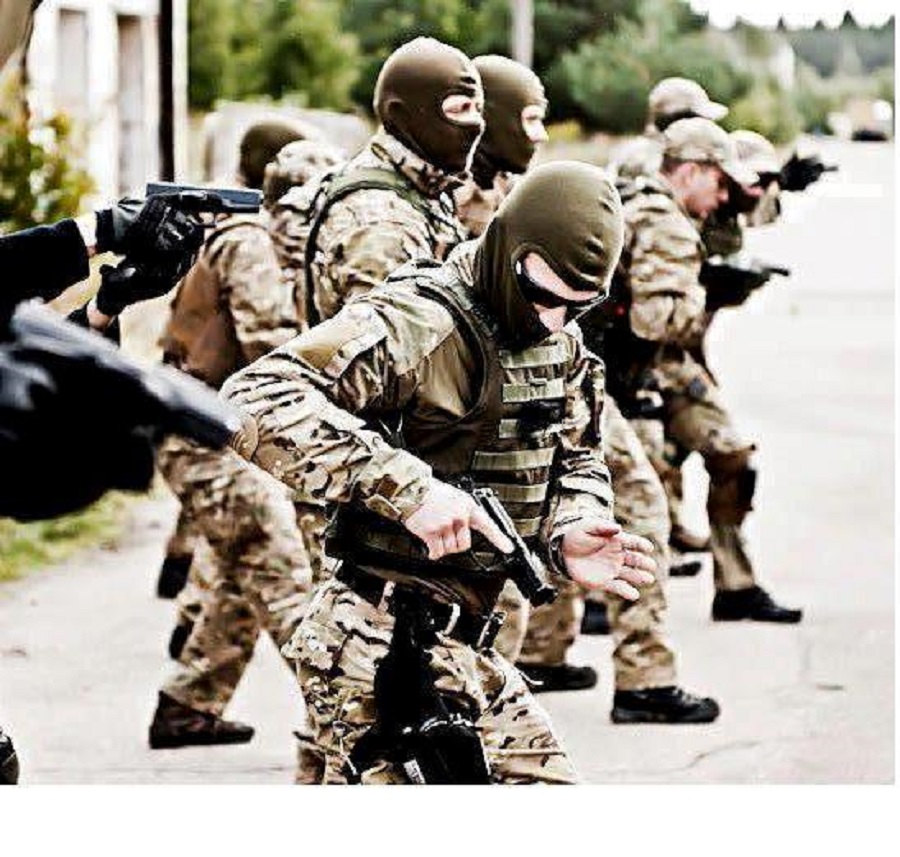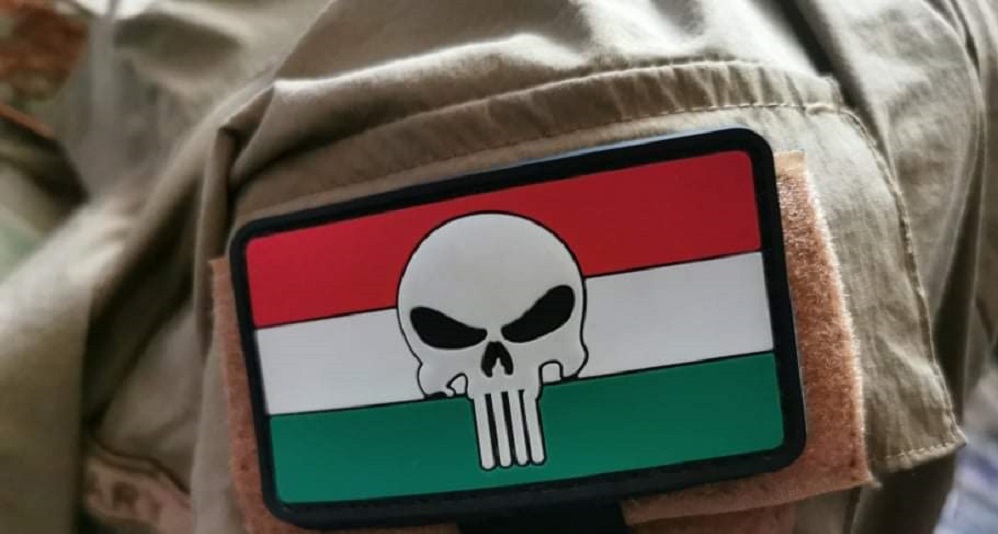Special private company set up in Hungary for military missions
EnglishA private company is being set up in Hungary for special military tasks, növekedés.hu was informed. The founder wants to build a team capable of deploying a contingent of up to 600 people for military tasks abroad. The company is already recruiting former police officers, soldiers, and people working in penitentiaries. Salaries are much higher than usual in Hungary, but so are the risks involved.
A Hungarian private military company intending to enter the international stage is being established.
It aims much higher than the numerous security guard companies working in Hungary, as it has to cope in today’s extremely complex and tough world.
As professional coordinator of the company, Richárd Bagjos said that the project, which is now speeding up, has a long history.
They are on the point of delivering the first results: they can already mobilize six hundred people at any time, in two large military (or civilian) transport vehicles, deploying them to any hotspot in the world.
They will not be short of customers.
There are at least two regions in the world where the situation makes the use of private military companies even more necessary than before, should it be about the protection of facilities, the personal protection of important people, or even mine clearing.

Richárd Bagjos (in the foreground of the picture) is just pulling a Beretta M9 sidearm out of the quick case in an exercise (this pistol is standardized in the US Army)
They are Afghanistan and Iraq. The multinational forces of the West are withdrawing from both countries. In one month’s time, there will be no U.S. troops in Afghanistan. (It must be noted that the number of private security personnel – PMCs - must have been tens of thousands at its highest in Afghanistan. According to official figures, about 3,600 of them lost their lives, more than the casualties of the U.S. regular army.)
The Kabul government, which has so far counted on Washington’s external support and can continue to do so according to the US government, will, however, find itself in a difficult position within the country. There is considerable uncertainty regarding the combat value and reliability of the Afghan army, which has been inflated with external help. For this reason, the government will need disciplined, reliable and well-trained people capable of solving various tasks - including employees of foreign private military companies.
I’m trying to fill a kind of gap by creating a company in Hungary that can take up jobs abroad, in any war-torn area,
Richárd Bagjos says.
We have great experienced professionals, so it would be a shame not to take advantage of their experience and commitment. The financial background is also much more attractive than in case of using this specific expertise based on loyalty and obedience in Hungary. Remuneration is many times higher than here - it is true, though, that there are serious risks to be taken in the hotspots of the world.
Of course, there are Hungarians working in the toughest places now as well, as mercenaries in Iraq or in Kabul in the guard of an embassy. Our goal is not simply to accompany a convoy or protect an oil field, as we see much greater potential in performing more complex tasks.
Our staff is also starting to come together.
We are exclusively recruiting people with professional experience who previously worked in the riot police or penitentiaries.
We are looking for former soldiers, mainly marksmen and law enforcement officers, as well as people with special qualifications, such as bomb-disposal technicians or forensic experts.
Applications have been running since October last year.
Richárd Bagjos also said: We started the recruitment in professional circles; we only receive applicants through personal reference and recommendation. We do not, and will not, have a website. I contacted everyone involved in the property protection business, even those I hadn’t talked to in 20 years. We already have the basic staff.
1,000 people are already available, so we are ready to deploy 600 people abroad at any time if necessary.
I don’t expect to be able to gather more than 3,000 armed staff from within the country, despite the fact that many people would like to be involved in this project. I am the one who is in charge, I must decide who I want to work with and who I don’t, and I think that is understandable.
It is also clear that it is not possible to turn drivers, shop assistants and bricklayers into armed personnel.
Each of my staff is either currently working, or used to work in the police force or the military. I know the best people in the profession, so I have all the best experts at my disposal. Not to mention that 7-8000 people can also be recruited from the domestic security sector.

Badge of the Hungarian private military company (worn on the upper left sleeve of the tunic, indicating affiliation)
Richard Bagjos explains that not only the future area of operation is international, but also the staff of the private military company.
I can further expand the number of the staff up to twenty thousand, mainly from Czech and Polish partners, as well as from South America and South Asia.
Headhunting has been going on in Hungary for ten months; in addition to armed guards, we are looking for explosion experts, IT specialists, paramedics, and also radar operators and interpreters.
There are professionals to help me with the selection and the training in the future, such as a former senior officer who used to work in a high position in the police force and a former military counterintelligence officer.
We are not looking for bodyguards and bouncers, but the right staff for these jobs.
Keeping the staff together is based on reasonable grounds. I am in the exceptional position of not having to ensure anyone’s living, as everyone is working or has been receiving a pension since their retirement.
When asked about the owner of the company and the investor financing the major expenses, Bagjos replied:
The operation of the company is not my business; it will be registered in the Emirates, we purchase most of our equipment, armaments and technical devices from the countries of the Caucasus and the Caspian Sea. In order not to be accused of not using domestic suppliers, we did try to involve the first two domestic companies into this project, but they were unavailable.
It must be noted that at least four countries in the above-mentioned region - Russia, Azerbaijan, Georgia, and also neighbouring Turkey - have a very strong military equipment industry. They work with the world's leading American, Israeli and Western European military companies.
“As for the financial background, we didn’t even consider borrowing money from a Hungarian bank or company; our investor is not Hungarian, but the owner of a company group in Dubai. All legal issues, such as getting permits and local licenses, are dealt with on the specific locations. ”
Regarding potential customers, Richárd Bagjos said that primarily Afghanistan and the Middle East could be considered.
“We have already made an offer to the Kabul government for supporting tasks, specifically helping with the protection of the capital. We have also been invited by Iraq to take part in pro-governmental projects, but we are negotiating the protection of the Syrian-Iraqi border and there is another project in the pipeline for the protection of an airport and a port in Africa.
But not to cover the Middle East only: negotiations are also under way on law enforcement services in a French refugee camp, and we would also send advisers to help out a Swedish police unit.
I am also currently in discussions with three diplomatic missions regarding the construction of private prisons, as well as curbing street riots, and training staff working there.
